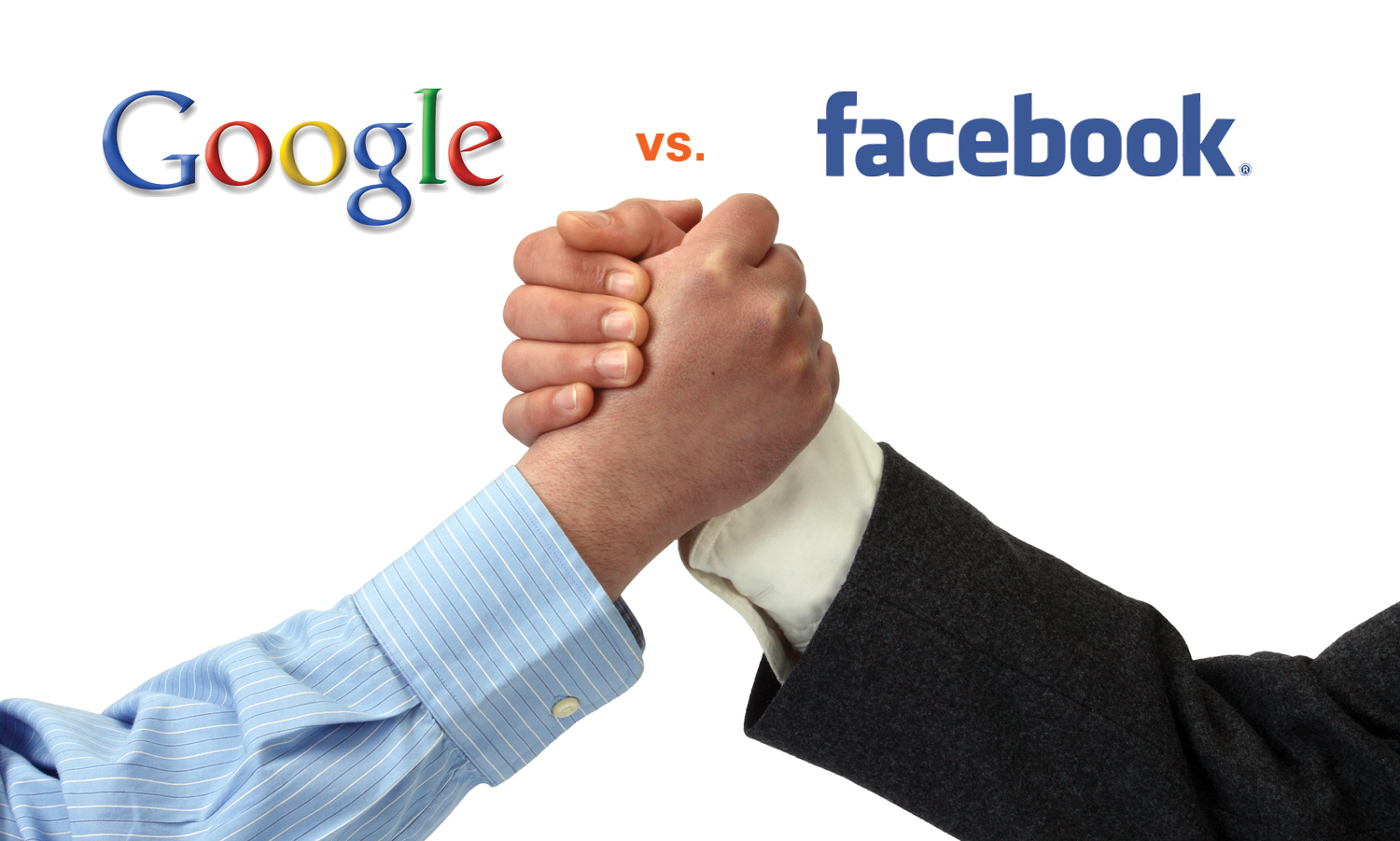Digital Marketing is always changing, so picking the right advertising site is very important for success. As 2024 starts, companies have to make a big choice: should they spend money on Facebook ads or Google ads? Both systems have their own benefits, targeting options, and possible returns on investment. Google Adwords is the leader in search intent and keyword based advertising, while Facebook Ads is great for social engagement and exact group targeting. Knowing what makes these two giants different and what makes them strong can help marketers make the most of their efforts and budgets. This article will talk about which platform works better in 2024, giving you information that can help you plan your advertising.
What is Facebook Ads
Facebook Ads is a tool for advertising that lets businesses make ads that are shown to specific groups of people on Facebook and its networks, such as Instagram and Messenger. Advertisers can make their campaigns more relevant to people based on their demographics, hobbies, behaviors, and other factors by using Facebook’s huge amount of user data. There are many types of ads, from image and video ads to scrolling and slideshow ads, which let you show a lot of different and interesting material. Facebook Ads are a powerful and affordable way to reach potential customers, increase engagement, and meet marketing goals. It has features like detailed analytics, budget control, and A/B testing.

What is Google Adwords
Google Ads, which used to be called Google Adwords, is a tool for online advertising that lets companies make ads that show up on Google’s search engine and on a network of partner sites. Advertisers bid on certain keywords that are related to their goods or services, and people who look for those terms see their ads. Businesses only have to pay when people click on their ads with this pay-per-click (PPC) method. Google Ads has many ad types, such as text, display, video, and shopping ads, which lets marketers use focused and flexible strategies. It has powerful analytics tools that help advertisers keep track of how their ads are doing and make changes to get better results.
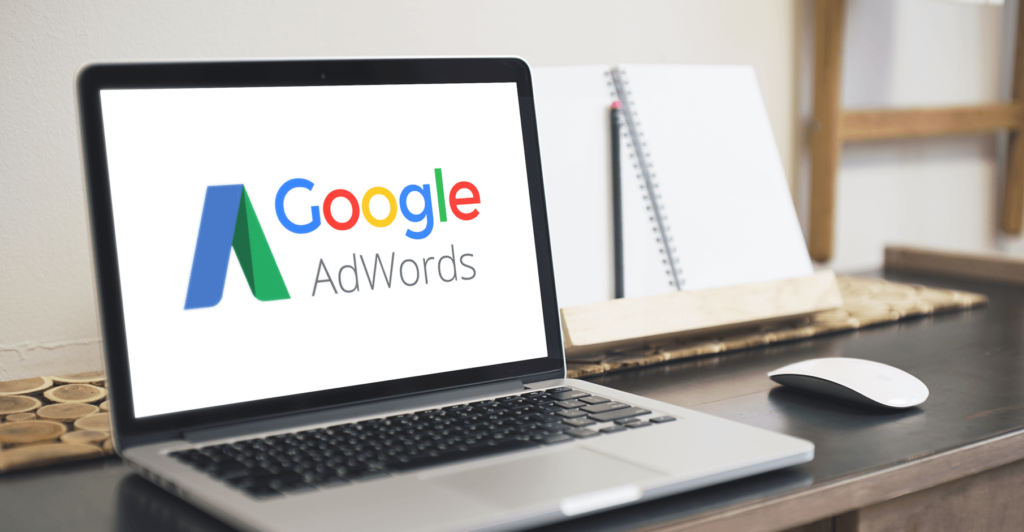
Comparing Costs
Cost-per-click (CPC) and cost-per-acquisition (CPA) are two things that companies need to look at when comparing the costs of Facebook Ads and Google Adwords. Facebook Ads usually have lower CPC, which makes them a better choice for campaigns that want to get people to interact with them. Google Adwords, on the other hand, often has higher CPCs because of competitive term bidding, but it can bring in high-quality leads who are ready to buy.
Analysis of Cost-Per-Click (CPC)
Facebook ads usually have lower CPC rates than Google ads, which makes them an affordable choice for businesses that want to reach a lot of people. Google AdWords, on the other hand, has higher CPC rates because there is a lot of competition for keywords, but they can bring you highly targeted traffic that works well. Facebook ads often offer cost-effective conversion 3d illustration of acronym cpc cost per click box.
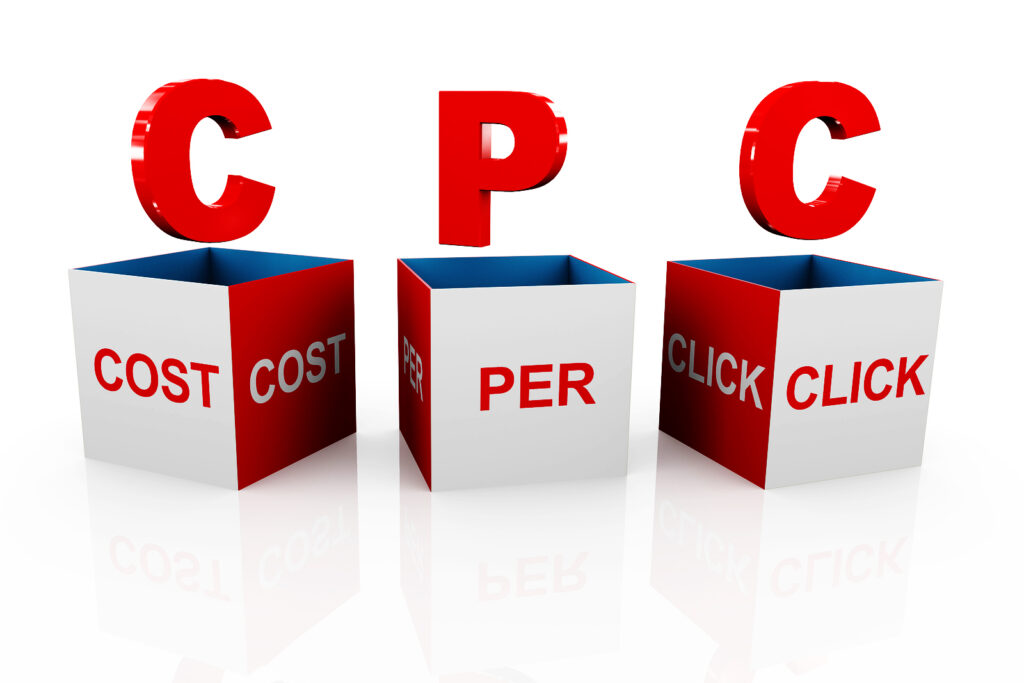
Comparison of Cost-Per-Acquisition (CPA)
Comparison of Cost-Per-Acquisition (CPA) for businesses that want to get people to interact with and learn about their brand. Even though it can be more expensive per acquisition, Google AdWords is great at getting conversions from people who are very likely to buy, which makes it perfect for ads that are meant to make sales.
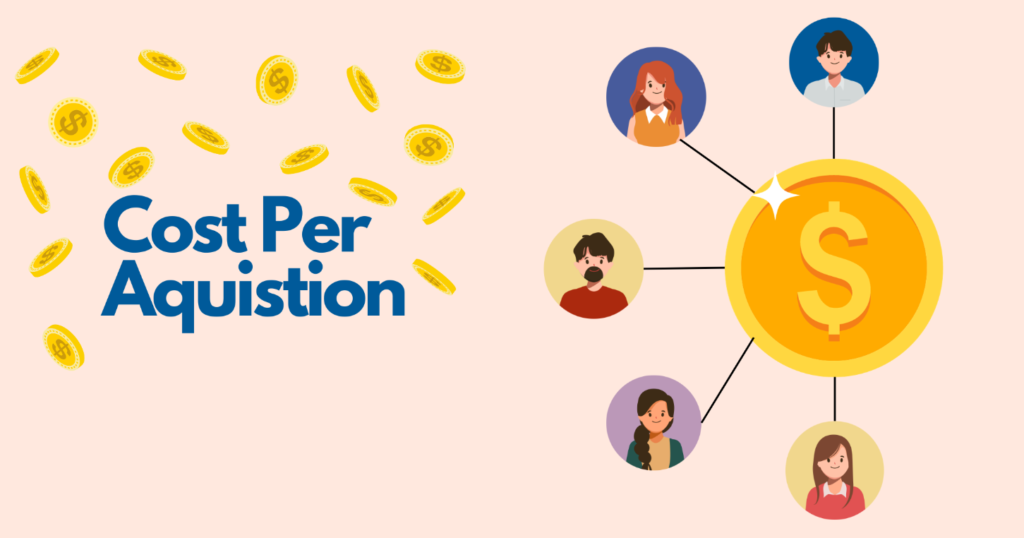
Control and flexibility over the budget
Both platforms have flexible budgeting choices that let advertisers set budgets for a day or for the whole campaign. Facebook Ads give you great power over your budget and let you precisely target your audience. Google Adwords has powerful budget management tools that help advertisers spread their money across multiple ads in a way that maximizes return on investment (ROI).
5 Key Differences Between Facebook Ads and Google Ads
Finding out what makes Facebook Ads and Google Ads different is important. Google Ads focus on keywords and search intent, while Facebook Ads target people based on their hobbies and how they interact with others. Google’s search results focus on text-based ads, while Facebook’s focus is on visual and interactive material. Google charges per click, while Facebook lets you set your own budget and offers a range of flexible choices. Knowing about these differences helps make digital advertising tactics work better.
Audience Targeting
Using user data from profiles, Facebook Ads are great at addressing people based on their exact demographics and interests. Keyword targeting is a big part of Google Ads. They reach people based on what they look for and how they behave.

Ad Placement
Facebook ads show up in apps that work with Facebook, like Instagram and Messenger, so they don’t stand out. Google Ads show up on search engine results pages (SERPs) and partner sites based on what people are looking for.
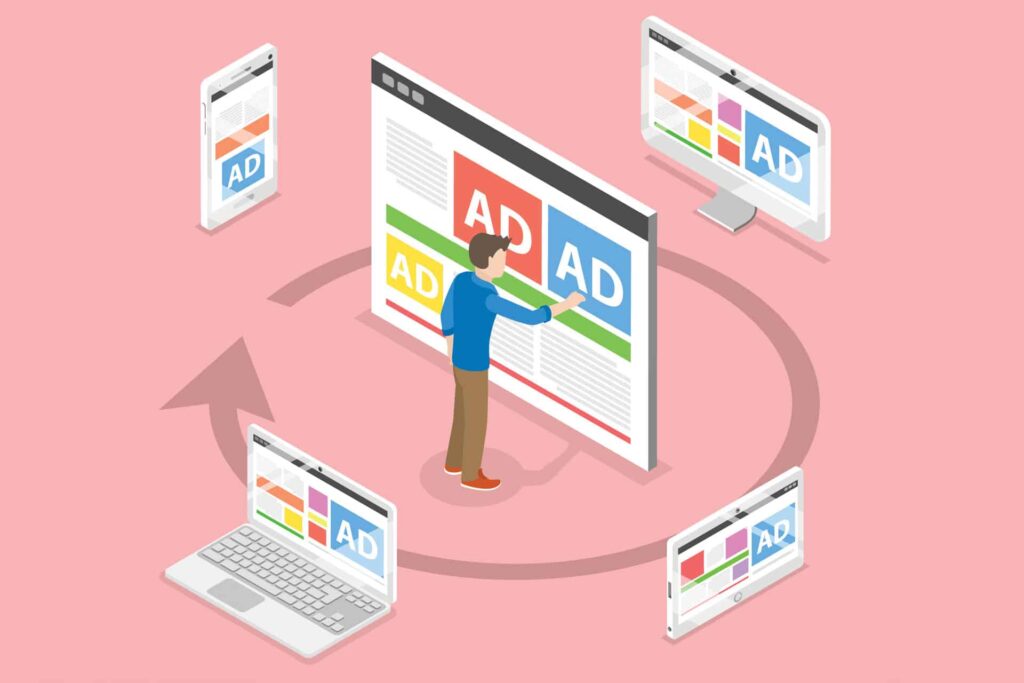
Ad Formats
Facebook Ads support a variety of forms, such as images, videos, and carousel ads, which encourage creative interaction. You can get text, display, video, and shopping ads from Google Ads. These ad types are specifically made for search and viewing situations.
Intent and Context
Facebook ads target users in a social setting by getting their attention based on their hobbies and interactions with other people. Google Ads target people who are actively looking for certain goods or services, which is called a “high-intent lead.”
Campaign Goals
Brand recognition, engagement, and community building through social interactions are what Facebook ads focus on. Based on search queries and user purpose, Google Ads try to get people to convert, collect leads, and make direct sales.

Industry and Business Type Considerations
When choosing an industry or business type for Facebook or Google Ads advertising, things like how the target crowd acts and the campaign’s goals are very important. Businesses that sell to consumers (B2C) often find that Facebook ads are a good way to reach a large group of people by using visually appealing content and exact audience targeting. B2B companies, on the other hand, might prefer Google Ads and use phrase targeting to find leads who are actively looking for specific solutions. Each platform’s strengths are different for e-commerce, services, and niche markets. These strengths affect the ad formats and marketing strategies that are used to get the most engagement, conversions, and return on investment in those industries.
Recent Updates and Trends in 2024
When choosing an industry or business type for Facebook or Google Ads advertising, things like how the target crowd acts and the campaign’s goals are very important. Businesses that sell to consumers (B2C) often find that Facebook ads are a good way to reach a large group of people by using visually appealing content and exact audience targeting. B2B companies, on the other hand, might prefer Google Ads and use phrase targeting to find leads who are actively looking for specific solutions. Each platform’s strengths are different for e-commerce, services, and niche markets. These strengths affect the ad formats and marketing strategies that are used to get the most engagement, conversions, and return on investment in those industries.
Conclusion
In conclusion, choosing between Facebook Ads and Google AdWords in 2024 depends on understanding their unique advantages and positions with specific marketing goals. Using a lot of user data, Facebook Ads are great at getting people to interact with each other and precisely targeting specific groups. Google AdWords, on the other hand, is the best at search intent and keyword-based targeting, which brings in leads with a lot of purpose. Both platforms have their benefits, and which one you choose depends on your business goals, budget, and how your target audience changes over time.

